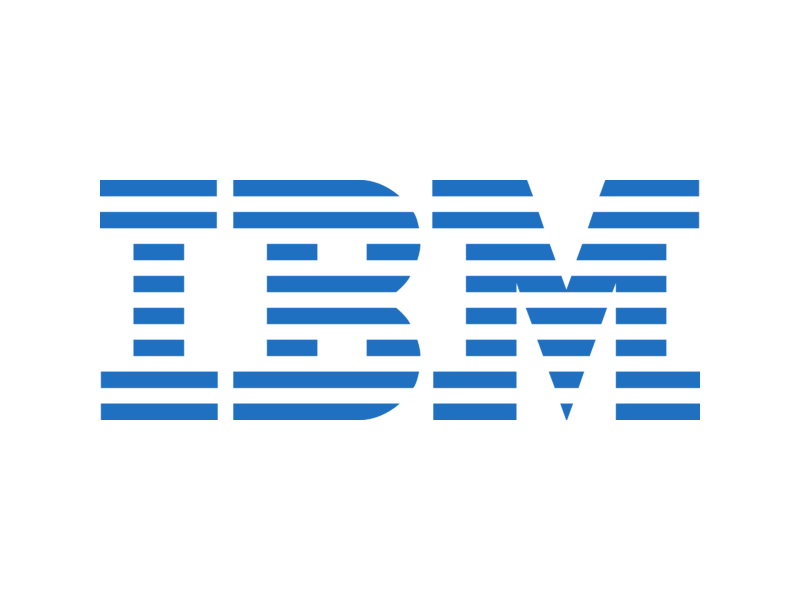End Point Protection Fast Secured Efficient

End Point Protection
Endpoint solutions, also known as endpoint security solutions, refer to a set of tools and practices designed to protect endpoints, such as desktops, laptops, mobile devices, and servers, from various security threats. Endpoint solutions focus on securing individual devices and preventing unauthorized access, data breaches, malware infections, and other cyberattacks.
One of the primary components of endpoint solutions is antivirus and anti-malware software. These tools scan and monitor endpoints for known malware signatures and behavioral patterns, detecting and blocking malicious software before it can compromise the device. Endpoint antivirus solutions often include features such as real-time scanning, automatic updates, and quarantine capabilities.
Endpoint solutions also include features to safeguard against advanced threats, such as zero-day exploits and advanced persistent threats (APTs). Advanced endpoint protection solutions utilize technologies like machine learning, behavior analysis, and threat intelligence to detect and prevent sophisticated attacks that traditional antivirus tools may miss.
Endpoint solutions often include features for endpoint firewall management. Endpoint firewalls control incoming and outgoing network traffic on the device, preventing unauthorized access and protecting against network-based attacks. These firewalls can enforce security policies, block suspicious connections, and filter network traffic to ensure only authorized communications occur.
Data loss prevention (DLP) is another crucial aspect of endpoint solutions. DLP features help prevent sensitive data from being leaked or lost from endpoints. They can monitor and control data transfers, enforce encryption and access controls, and detect and prevent unauthorized transmission of sensitive information, both within the organization’s network and outside it.
Endpoint solutions typically include features for device encryption and authentication. Encryption ensures that data stored on endpoints is protected, even if the device is lost or stolen. Endpoint authentication mechanisms, such as passwords, biometrics, or multi-factor authentication, help verify the identity of users and prevent unauthorized access to devices and data.
Endpoint management capabilities are often integrated into endpoint solutions. These features enable centralized management and control of endpoints, allowing IT administrators to deploy security updates, configure settings, and enforce security policies across a fleet of devices. Endpoint management solutions also facilitate remote monitoring, patch management, and software distribution, enhancing the overall security and performance of endpoints.
Overall, endpoint solutions play a critical role in securing devices within an organization’s network. By combining antivirus and anti-malware protection, advanced threat detection, firewall management, data loss prevention, encryption, authentication, and endpoint management, these solutions help protect endpoints from a wide range of security threats and ensure the integrity and confidentiality of data.
We are the dedicated partners of the following Brands.











